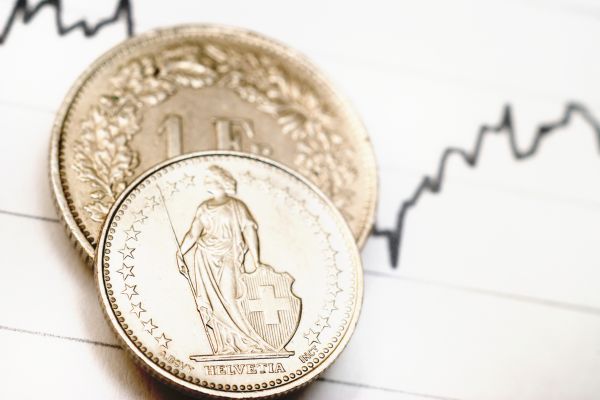
How Will The Euro Franc Exchange Rate Develop?
March 30, 2021
SNB Keeps Its Policy
The Swiss National Bank has pledged to stick with its monetary policy at the latest meeting – keeping interest rates at minus 0.75% and intervening on forex market whenever it is necessary. This policy is aimed at keeping Swiss franc exchange rate from getting too strong. Recently it has worked, as the Swiss Franc reported some losses. This underperformance still didn’t convince the SNB to change the course. Apparently, it considers the CHF weakness a temporary thing, and still wants to have measures at hand to control its price. When Swiss franc is getting too expensive, the country’s economy, which heavily relies on export, gets affected and deflation might occur. The SNB has been already struggling with keeping CPI at its 2% price target for many years now. Interventions are one of the way to stop deflation from happening.
EUR CHF Prognosis
In the second half of February the EUR/CHF price has spiked, reaching the level of 1,1150. How do big commercial banks predict the performance of the EUR CHF exchange rate for the rest of the year? Most banks see further growth of the common eurozone currency. Goldman Sachs predicts the highest exchange rate of all banks – 1,13 CHF per Euro at the end of the second quarter, 1,17 CHF in the next quarter, and 1,20 by the end of the year. That would mean a comeback to levels last reported in 2018. Also Danske Bank sees EUR further growing versus CHF, but with a condition met that 30-years US bonds reaches 3 percent. The bank suggests the price in the range 1,15-1,20 CHF. Additionally, ING sees growth of euro – to 1,15 CHF at the end of 2021. MUFG meanwhile expects 1,14 CHF, and Commerzbank – 1,12 CHF at the end of the year. Morgan Stanley gives the most pessimistic forecast for EUR/CHF with 1,10 CHF – a decrease comparing to current levels.
Why is the Swiss Franc Weaker?
Last year the Swiss Franc was hitting very high prices, as due to the pandemic there was observed an increased demand for the safe haven assets. In times of uncertainty, the Swiss Franc is always rising. This triggered the SNB very aggressive response, especially in the first half of the year, as the bank was urged to buy foreign currencies. Total sight deposits of the bank went up drastically – a proxy of foreign exchange reserves, as the bank was trying to stop CHF from appreciating. Since the second half of year the Swiss franc slowed down a bit. The SNB thus intervene much less frequently. The reason for weaker CHF was the fact that a demand for risk assets is now rising. Investors are eager to sell Swiss francs as they await global economy’s recovery. The decline of the CHF, as well as commercial banks’ predictions that underperformance is here to stay this year, is surely good news for the SNB.
währungsrechner chf | convertitore | cambio euro franchi | eurokurs | euro calculator | change money | salaire pharmacien industriel | taux de change euro chf | euro change
